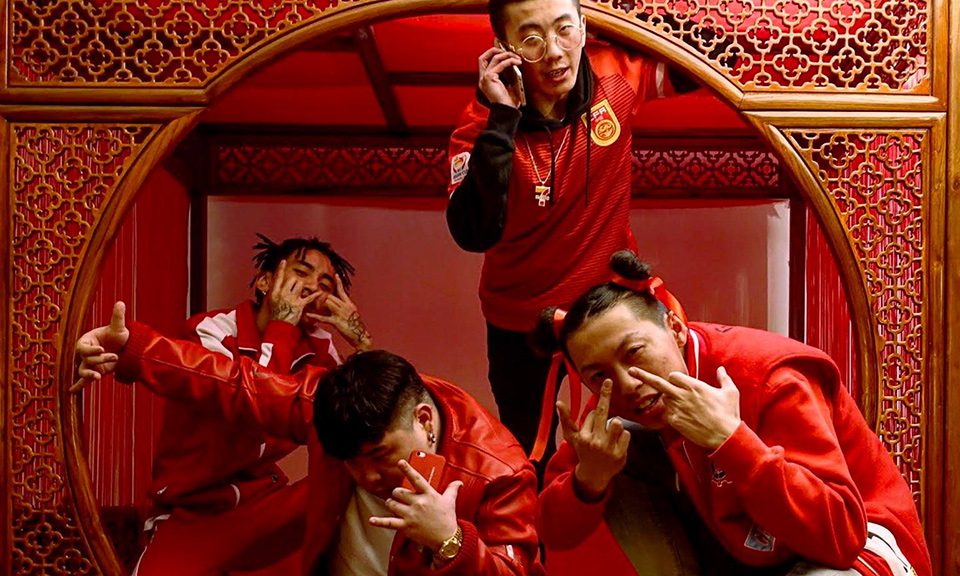In a totally unprecedented move, the government of China has banned all references to hip-hop culture and actors with tattoos from showing up in the media amidst a crackdown on “low taste content”. Aside from that, the media must now abide by four “don’ts”, according to Gao Changli of the State Administration of Press, Publication, Radio, Film and Television of the People’s Republic of China (SAPPRFT).

Amongst those “don’ts” are for the media to avoid using actors “whose heart and morality are not aligned with the party and whose morality is not noble”, “who are tasteless, vulgar and obscene”, “actors whose ideological level is low and have no class”, and also actors “with stains, scandals and problematic moral integrity”. On top of that, it “specifically requires that programs should not feature actors with tattoos [or depict] hip hop culture, sub-culture and dispirited culture.”
Evidently, plenty of its citizens are tremendously angered, and it seems like many of China’s popular hip hop artists have already been affected by the ban. Prominent rapper GAI, whose real name is Zhou Yan, was removed from Hunan TV’s hit competition show Singer, and aside from that, GAI’s clips were also completely wiped out from Hunan TV’s official YouTube channel although he still appears in the trailer.

That’s not all. In December 2017, another well-known Chinese rapper Wang Hao, a.k.a. PG One, was forced to apologise after one of his songs titled “Christmas Eve” got backlash for glorifying drugs, sex and also for insulting women. Rapper Mao Yanqi also got cut from Chinese variety show Happy Camp, whilst music by underground rapper Triple H has been deleted from prime streaming sites across China.
China’s censorship evidently stumps the success of its globally in-demand hip-hop acts like the Higher Brothers. The Chinese music industry has reacted, and some of them have argued that the ban simply isn’t “suppressing” hip-hop, but rather, it is the government deciding that hip-hop shouldn’t (ever) be the pinnacle of mainstream media in China. That, and also how the sudden upsurge of hip-hop acts have impacted mainstream culture too fast too soon.
So, what does this mean for the future of hip-hop in China? Is it end game?






